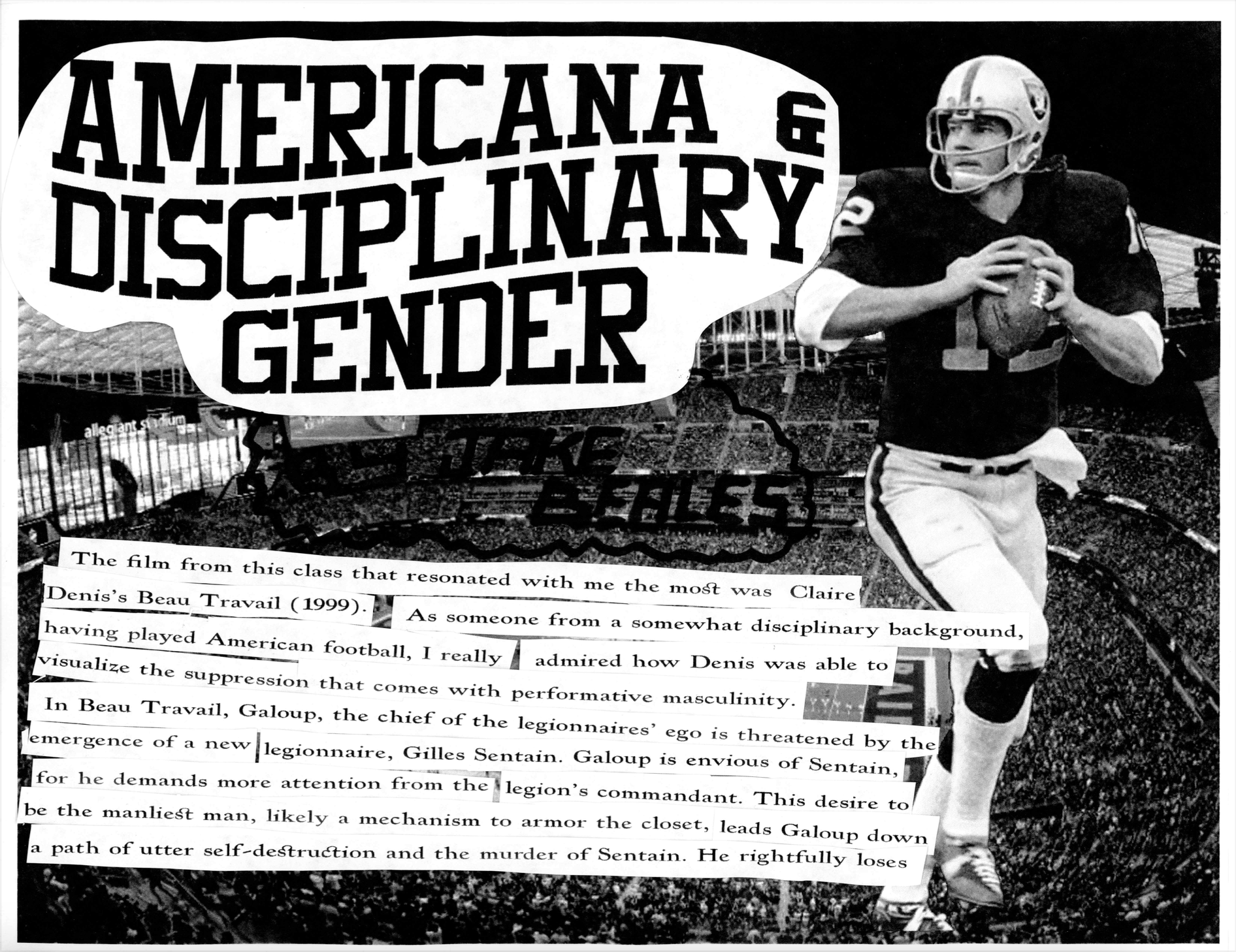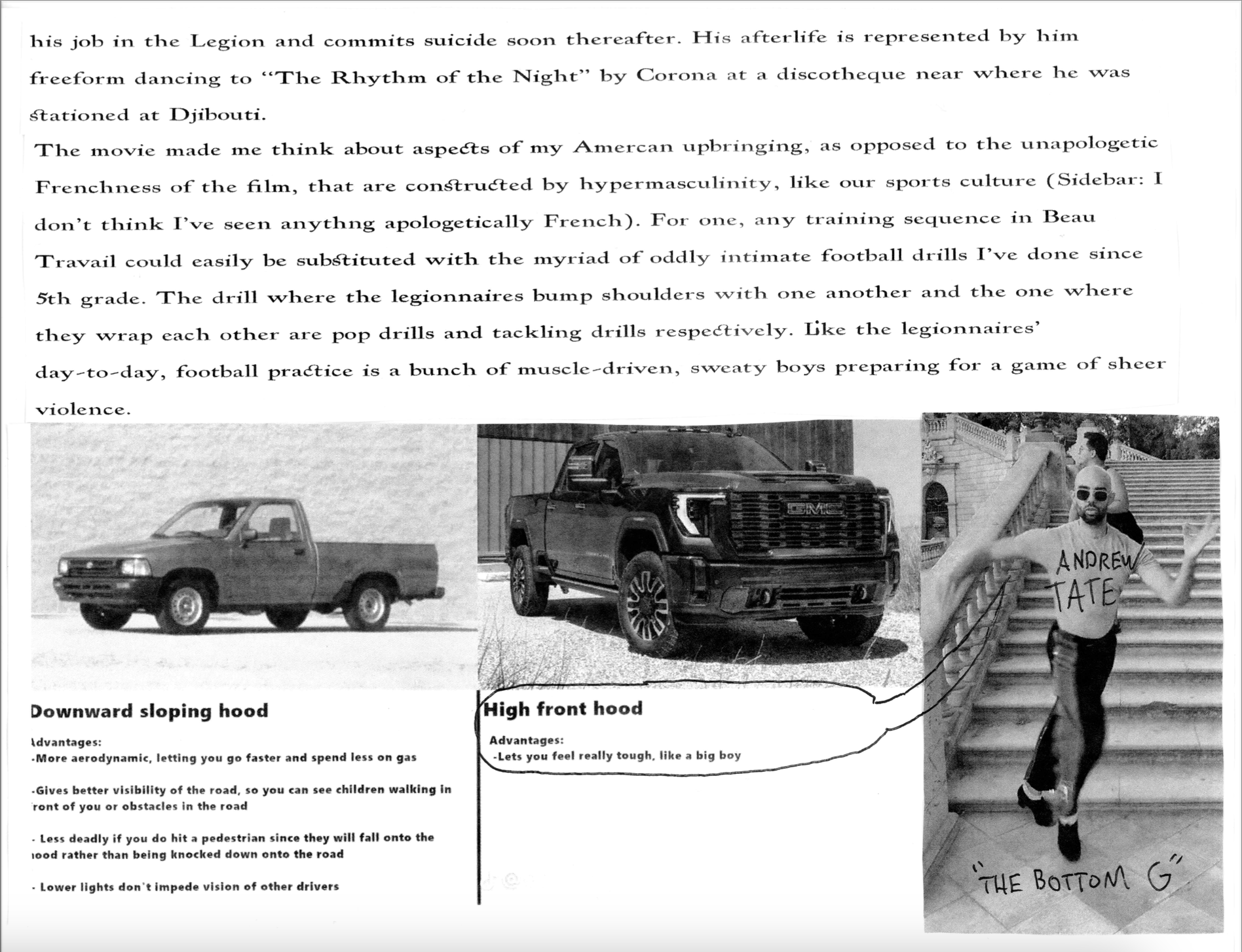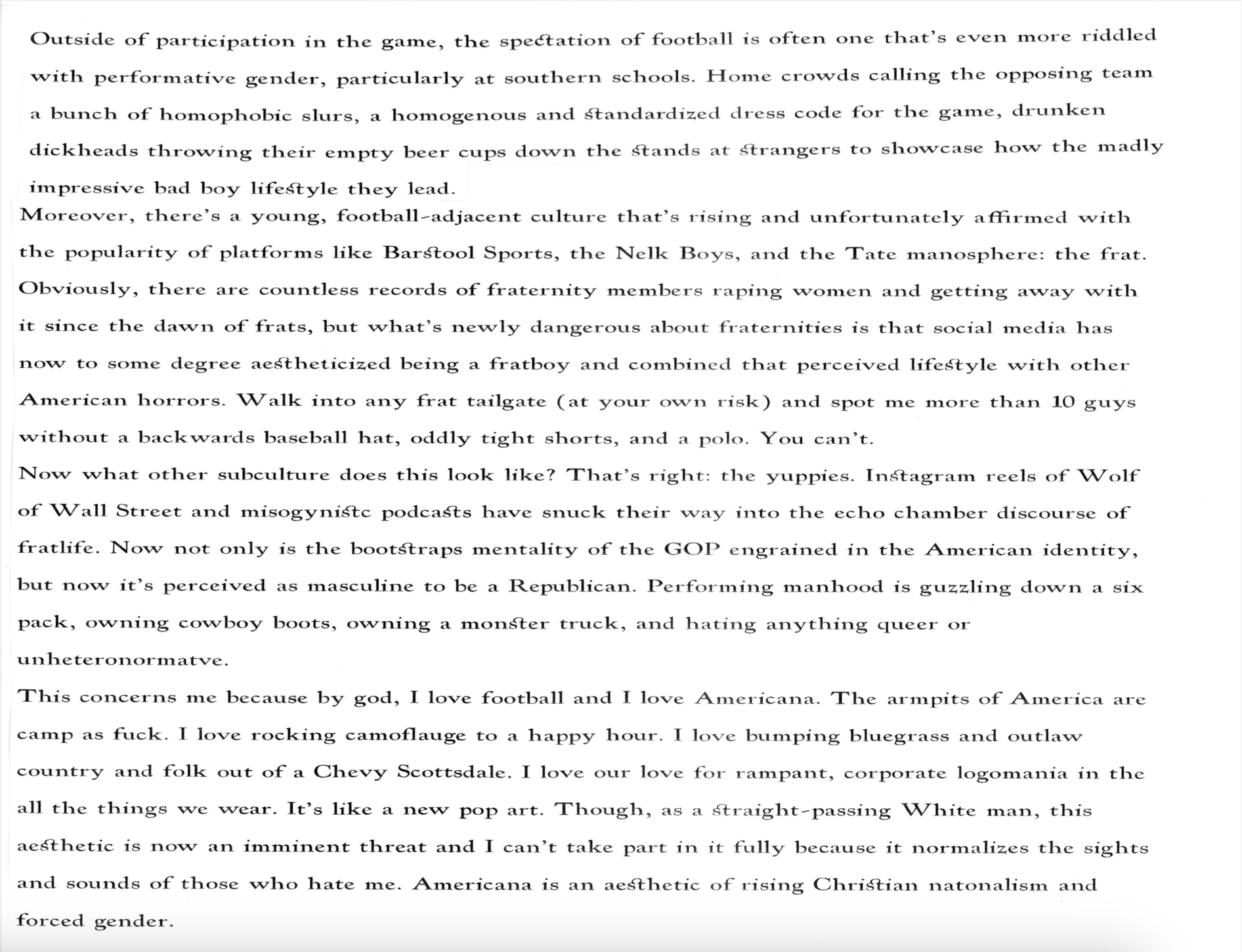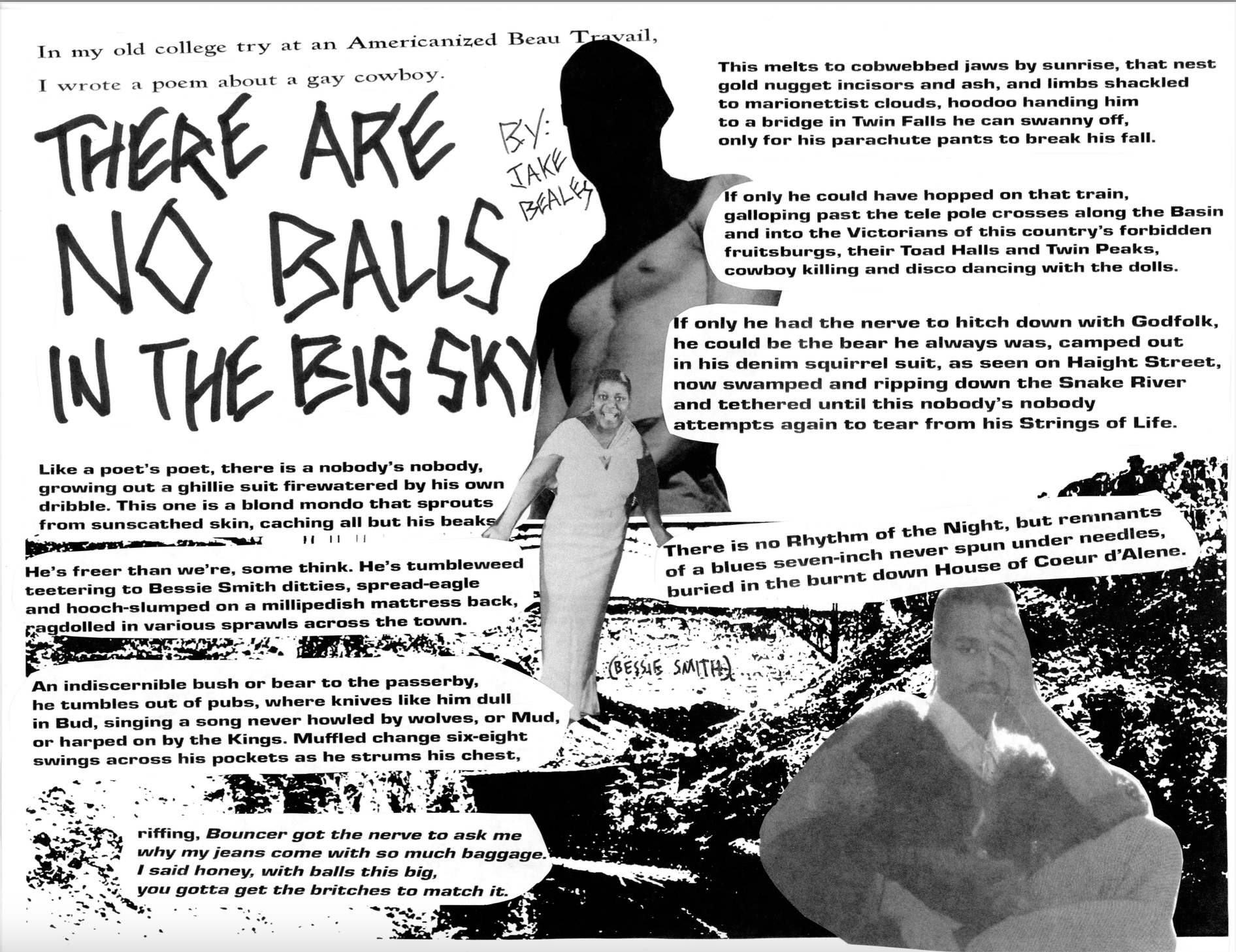Discinplinary Gender #
For the most part, feminist theory has assumed that there is some existing identity, understood through the category of women, who not only initiates feminist interests and goals within discourse, but constitutes the subject for whom political representation is pursued.
–Judith Butler, Gender Trouble
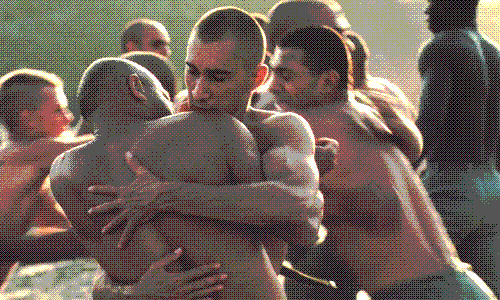
Gender is not always constituted coherently or consistently in different historical contexts… gender intersects with racial, class, ethnic, sexual, and regional modalities of discursively constituted identities. As a result, it is impossible to separate out “gender” from the political and cultural intersections in which is it invariably produced and maintained.
–Judith Butler, Gender Trouble
By now you should be able to recognize the Foucauldian underpinnings of Judith Butler’s feminist theory. Butler is concerned with the question of what subject feminist theory represents–in other words, we’ve looped back around to our opening question of “what is a woman?” For Butler, the answer is complicated.
This week’s reading is notoriously difficult to understand, so take your time with it, and make connections to what we’ve read and watched previously.
A lot of literary and critical theory operates as complex versions of “if, then” statements. Thus one way to understand a difficult reading like Judith Butler is to figure out what “if, then” is being tested out and evaluated.
Early on in Gender Trouble, Butler suggests that if we cannot escape “juridical structures of language and politics,” then we need to figure out how to critique “the categories of identity” that such structures create/reinforce (5). She is concerned especially with the political category of “woman,” and whether or not it is as stable as feminists at the time claimed. Indeed, later she directly writes her own “if, then” statement: “If gender is constructed, could it be constructed differently, or does its constructedness imply some form of social determinism, foreclosing the possibility of agency and transformation?” (7). This is the question she spends the rest of her book thinking through.
With this in mind, create a response to the following questions:
- How is gender constructed in Beau Travail? Is it different for characters based on their race or national origin?
- Does the film suggest that gender could be constructed differently, or is gender a form of social determinism without agency?
Zine contribution by Jake #
